
At the intersection of brain chemistry and human longing, intimacy between men reveals a landscape of vulnerability, reward, and identity. This article delves into how neural circuits, hormonal dynamics, and psychological frameworks undergird male-male intimacy—why it matters, why it unsettles, and why it offers one of the deepest paths to self-knowledge and human connection. By combining neuroscience, endocrinology, and relational psychology, this piece argues that male intimacy is not a peripheral luxury but a core human imperative: a frontier where biology and spirit collide.

AI is reshaping medicine from diagnostic tool to empathic collaborator — a transformation that redefines care, ethics, and the essence of healing itself.

On February 8, 2026, Bad Bunny — Benito Antonio Martínez Ocasio — stood at Levi’s Stadium in Santa Clara, California and delivered what will likely be remembered as one of the most consequential Super Bowl halftime performances of the 21st century. More than a show, it was a statement of identity, belonging, and cultural force — a moment where music intersected with global discourse and collective self-recognition
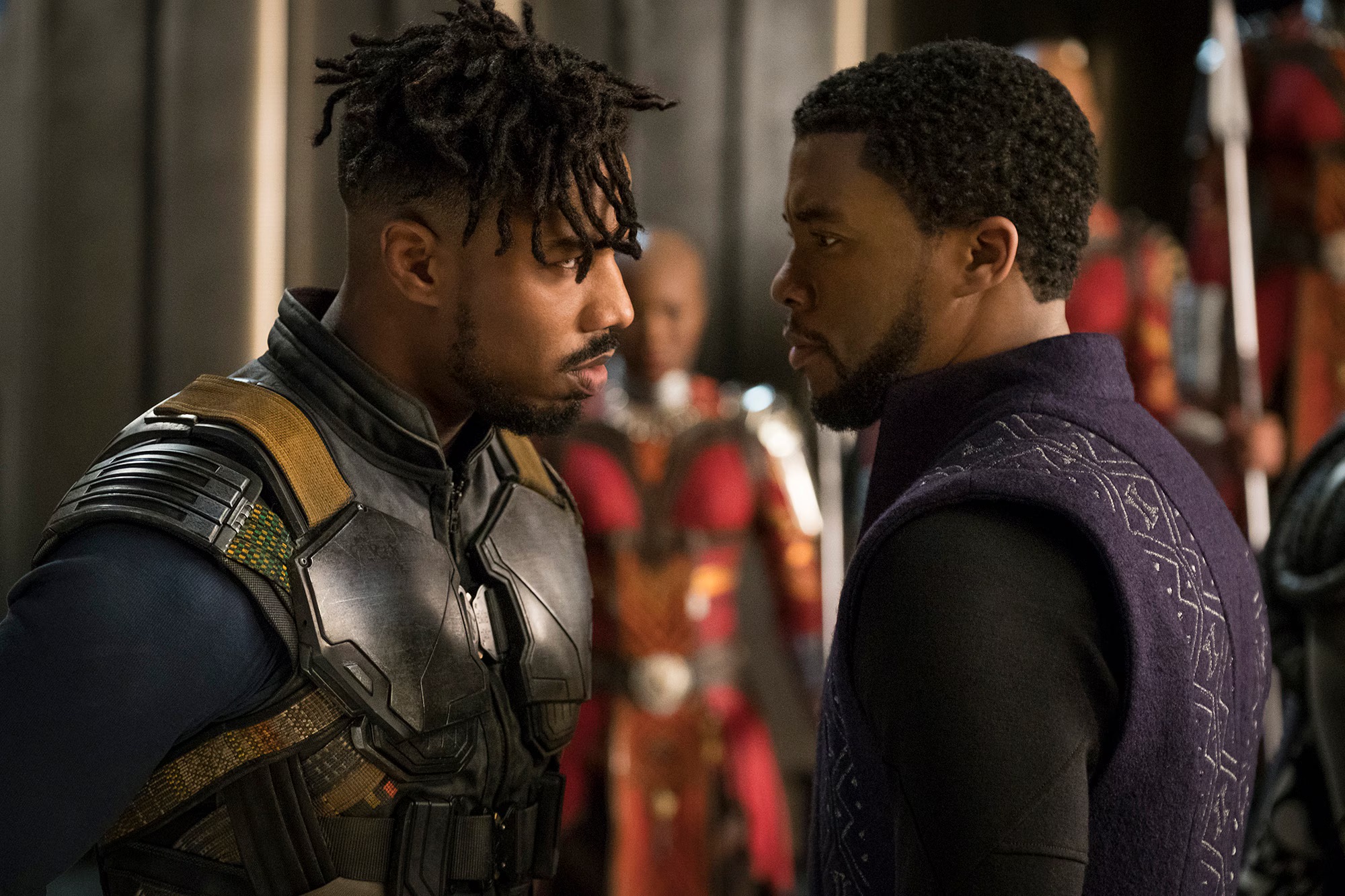
Racial colour was engineered, formalised, and institutionalised over centuries, and it continues to shape how people of African descent understand themselves and one another across continents, often to their own detriment.

For the past two decades, business has lived under a spell — the belief that technology is the ultimate disruptor. We’ve worshipped at the altar of innovation, measuring success by how quickly we could automate, digitise, and optimise. Tech has indeed changed the way we live, work, and connect. But here’s the inconvenient truth: In the next decade, technology won’t be the competitive advantage. Trust will.
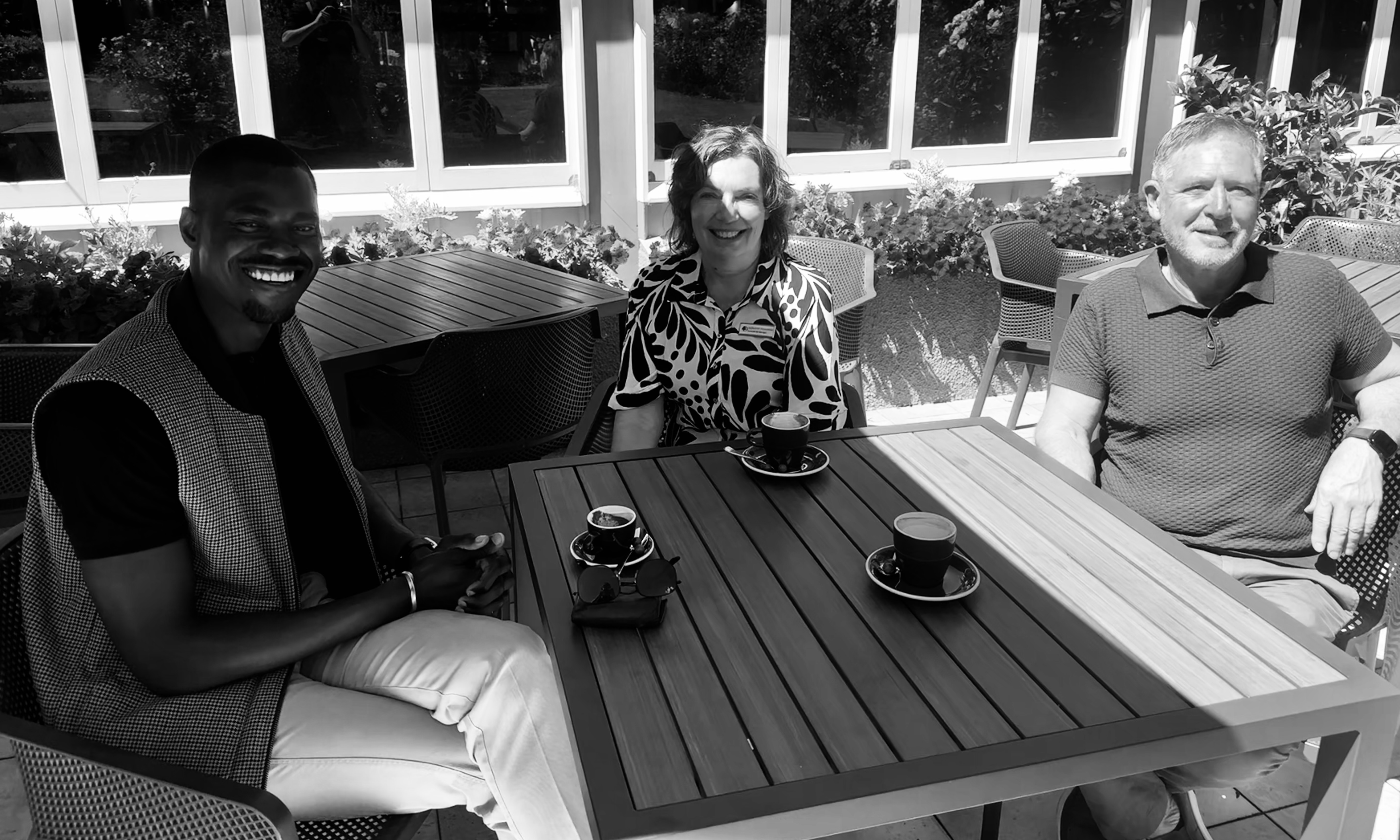
Christchurch is not a city that performs for visitors. It does not overwhelm with spectacle, nor does it curate itself for instant gratification. Instead, it reveals itself slowly—through land, infrastructure, history, and conversation. That becomes clear the moment you sit down, coffee in hand, in the gardens of Chateau on the Park and begin talking to someone who has lived the city from the inside. Christchurch is often described as the most “English” city in New Zealand, but that shorthand misses what actually defines it. This is a city shaped by settlement decisions, seismic consequences, social memory, and resilience under pressure. It is flat because it was built on swamp land. It is orderly because it inherited British systems. It is cautious because it has been physically broken before. You don’t understand Christchurch until you understand what it has endured—and how it continues to function anyway.
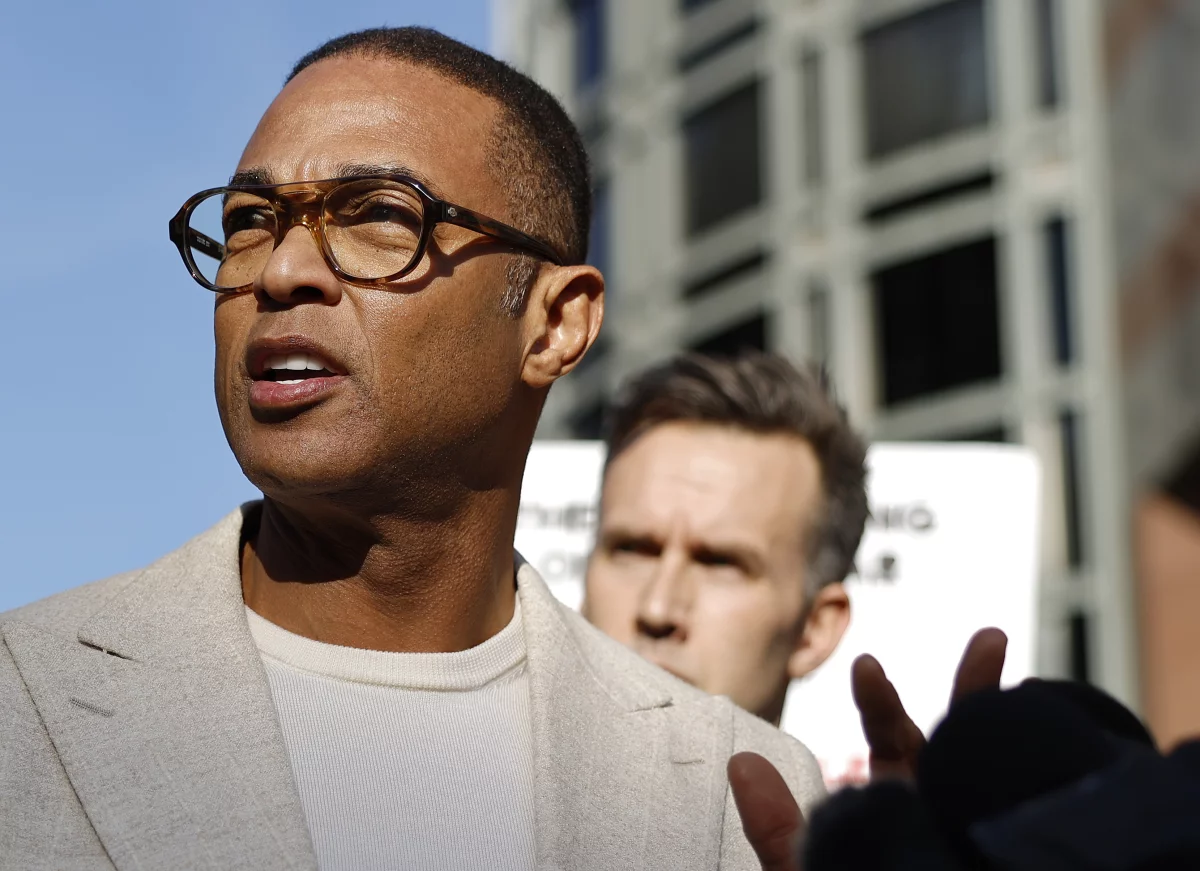
The arrest of a high-profile journalist is not an isolated legal event. It is a systems signal. This editorial examines the growing global pattern of prosecuting journalists under the guise of law enforcement, the erosion of First Amendment protections in practice, and why democratic societies fail when witnessing becomes a punishable act.
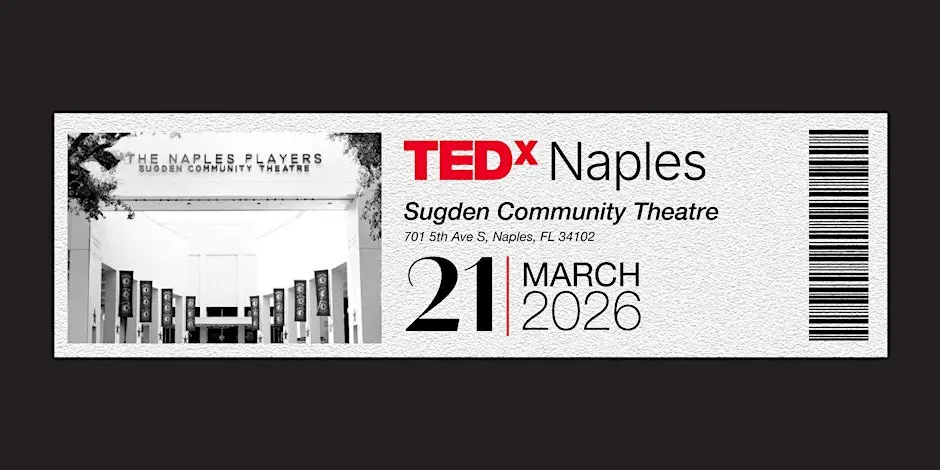
On March 21, Naples, Florida will host TEDx Naples—one of thousands of independently organised TEDx events held globally each year. On the surface, that might not sound remarkable. TEDx events are common. Many are forgettable. Some are performative. A few are genuinely consequential. This one has the potential to be the latter. At a time when public trust in institutions is low, civic dialogue is fragmented, and leadership conversations are increasingly reduced to slogans, TEDx Naples is positioning itself not as entertainment, but as a forum for adult thinking—about responsibility, justice, resilience, and what it means to lead in a world shaped by consequence rather than applause. This editorial explains why this particular TEDx event matters, what differentiates it from the broader TEDx ecosystem, and why its timing—and location—are not incidental.

What looks like cultural chaos—celebrity outrage cycles, travel exhaustion, and climate anxiety—is actually one interconnected signal. Entertainment, mobility, and climate stress now operate as a single feedback loop, revealing how systemic overload shows up first in culture before it appears in policy or economics.

The decline in civility, comfort, and behaviour in modern air travel is not a cultural mystery. It is the direct outcome of economic and regulatory decisions made over decades. Airline deregulation reshaped pricing, capacity, and incentives—and in doing so, fundamentally altered how people behave in shared spaces.

Modern airports have become one of the clearest indicators of how contemporary systems treat people. From overcrowded terminals to passengers sleeping on floors, today’s flying experience exposes the cumulative effects of deregulation, economic inequality, infrastructure strain, and institutional indifference.
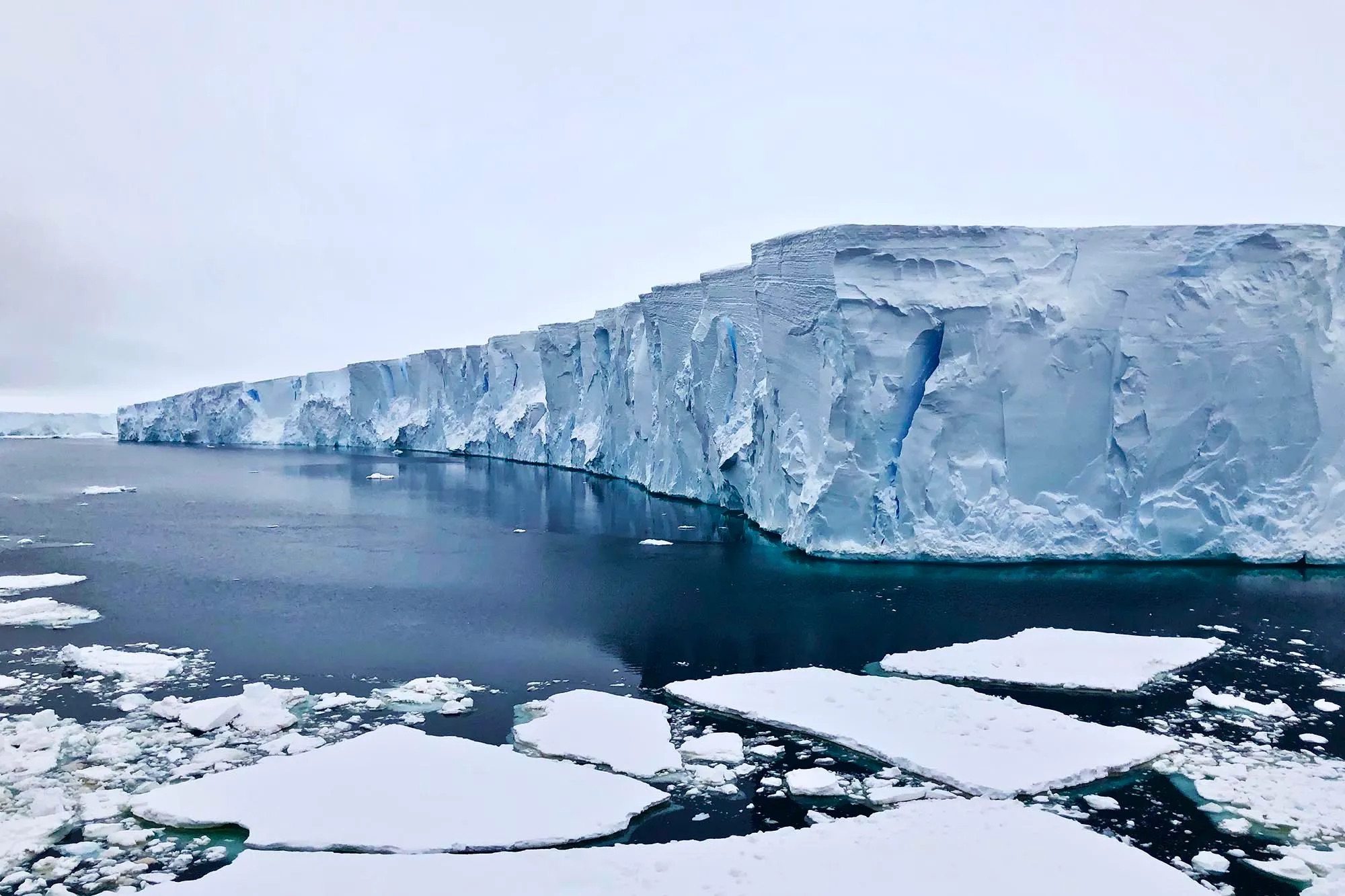
The collapse of Antarctica’s Thwaites Glacier is no longer a distant climate abstraction. It is a systems-level risk with direct implications for coastal cities across the Pacific and Atlantic—reshaping where humans can safely live, insure property, and build futures. This editorial traces the science, the timelines, and the urban consequences—grounded in empirical research and geopolitical reality.

Buckingham Palace’s decision to strip a royal of titles is not a scandal — it is a system recalibrating itself in public view. What this moment teaches us about ethics, identity, and institutional evolution.

Across the globe, nuclear energy provides nearly 10% of electricity. For nations lacking oil or gas, it is lifeline. For those seeking climate goals, it is low-carbon bridge. France relies on nuclear for stability. Japan, despite Fukushima, reopens reactors. Developing nations look to nuclear as promise of modernisation.
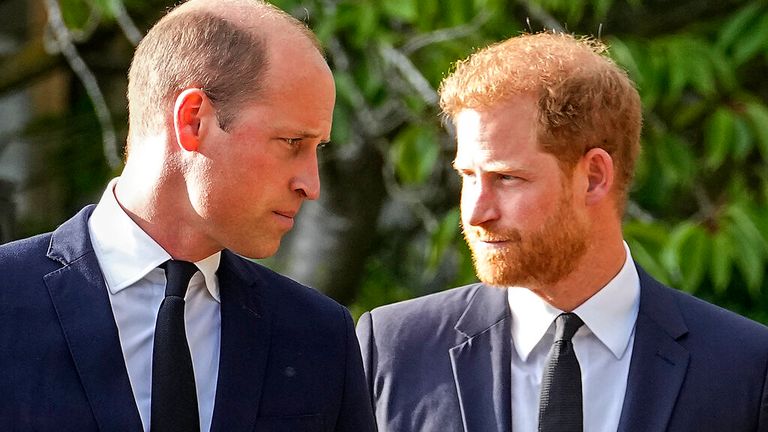
Prince William and Prince Harry’s fractured relationship is more than a family rift—it is a mirror of monarchy, media, and the fragile future of tradition.

Wellington is a capital city that resists spectacle in favour of substance. From the civic intelligence embedded in Te Papa to the unselfconscious creativity of Cuba Street, from restrained fine dining to the disciplined wines of Martinborough, the city reveals a culture built on coherence, ethics, and lived design. This editorial captures Wellington as it is experienced—not consumed—through architecture, food, landscape, and quiet power.
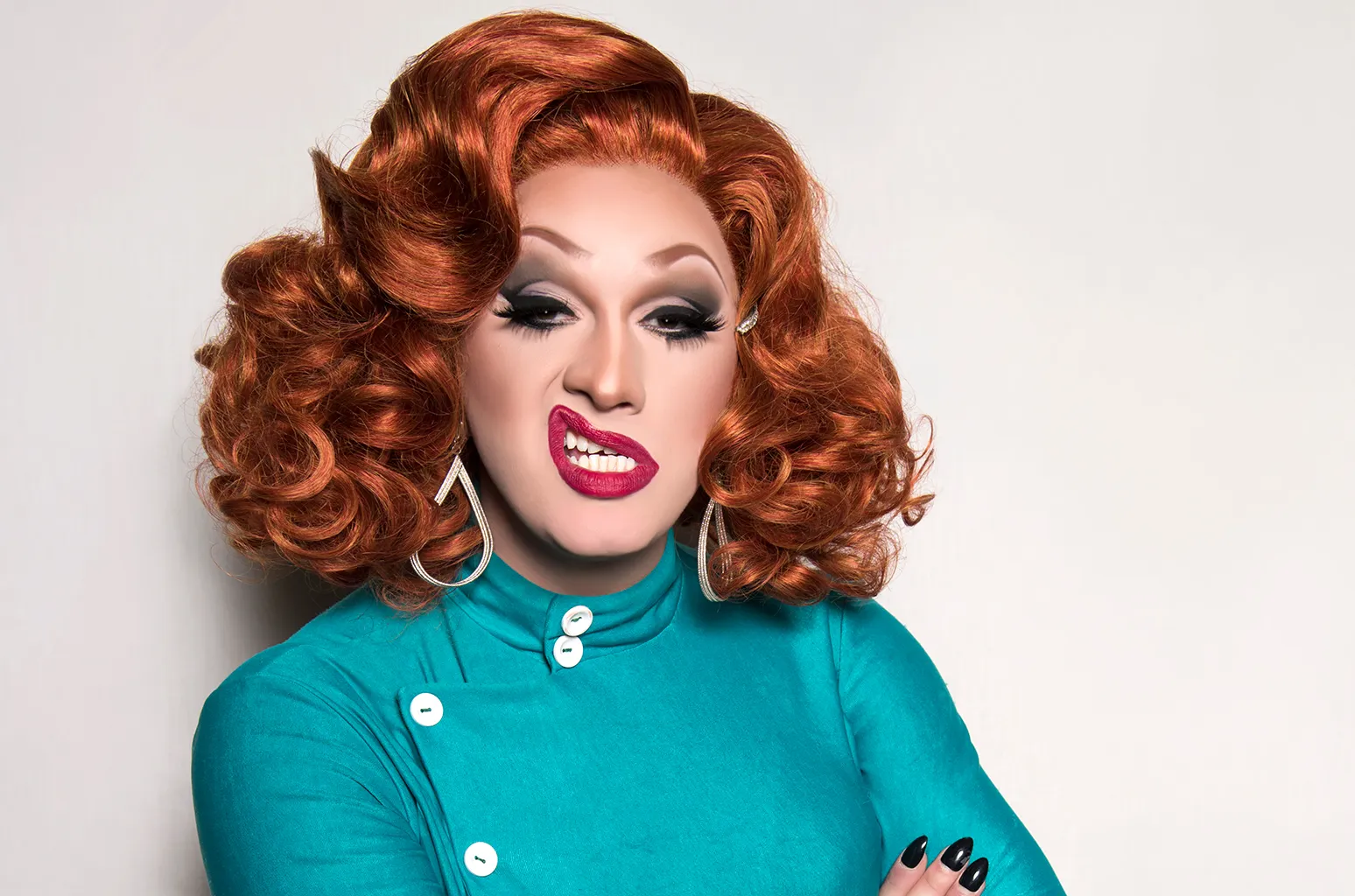
Beyond sequins and lip-syncs, RuPaul’s Drag Race is a masterclass in intelligence — emotional, creative, and systemic. Through it, we learn that performance is not deception; it is design — the architecture of selfhood.

We didn’t discover a fountain of youth. We discovered something more dangerous: a toggle—a way to make time negotiable inside a cell, without erasing what the cell is. A research team at the Babraham Institute reported a method that rewinds the molecular age of human skin cells by roughly three decades—while allowing those cells to regain their specialised identity. It’s early-stage science, performed in vitro, and it does not make humans 30 years younger. But it does redraw the map of what “age” even means. Babraham Institute

The global economy is changing fast. Courtroom ruling that reduced his killing to “just murder” may comfort statute books. But markets are not ruled by statute—they are ruled by sentiment. And sentiment is fragile.
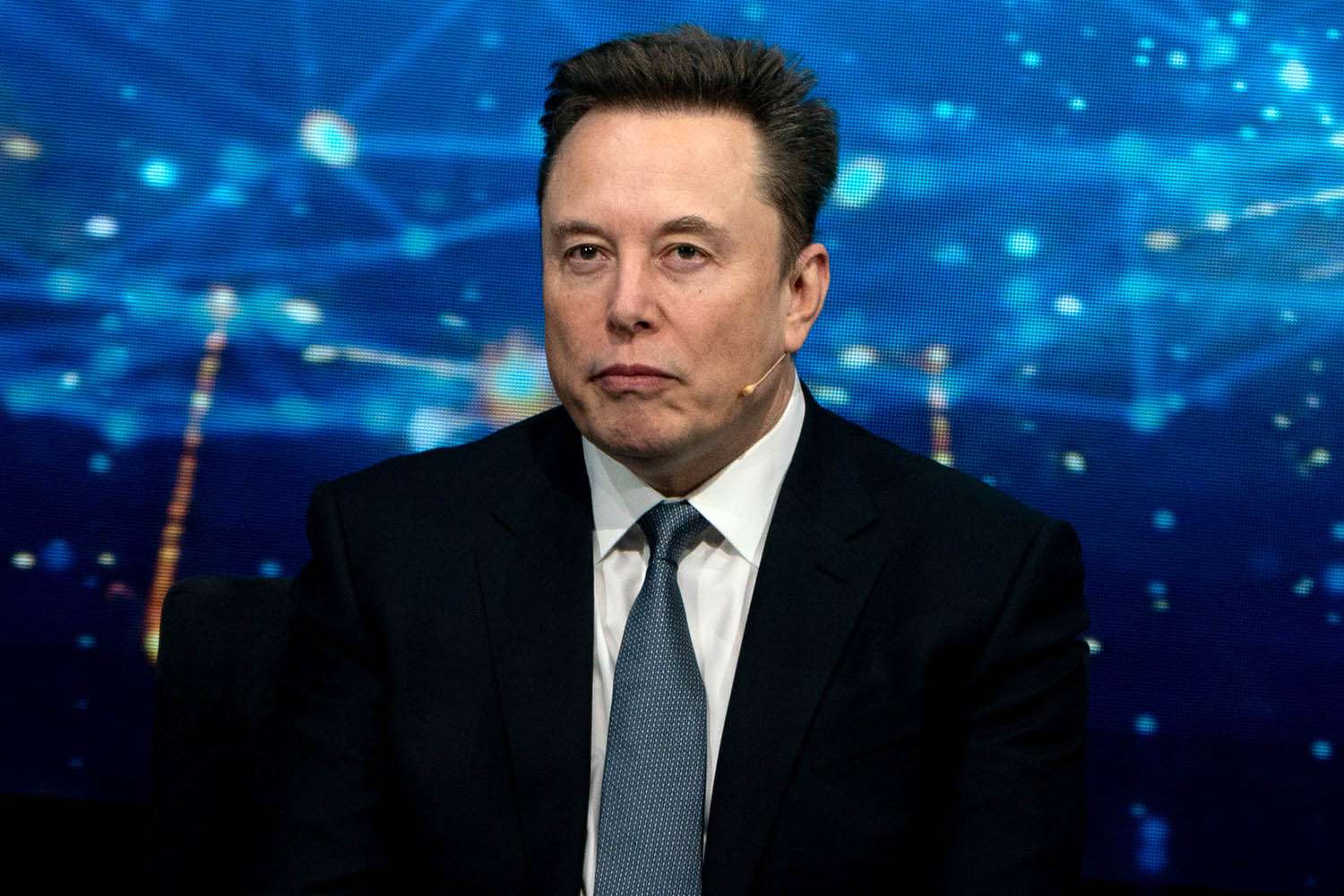
Elon Musk’s warning to Donald Trump at Charlie Kirk’s memorial reveals the convergence of tech power, populist politics, and the fragile state of democracy in 2025.

The cult of busyness has collapsed. After decades of worshipping acceleration, humanity is finally confronting the illusion that motion equals meaning. The future of productivity will not be measured in speed, but in stillness — in how intelligently we design time, attention, and the architecture of work itself.
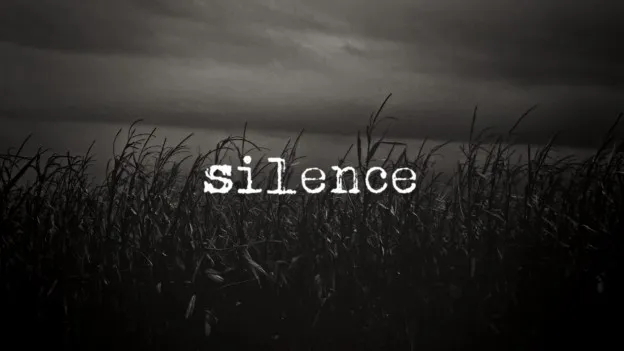
Silence has become the rarest sound in civilisation. In cities designed for velocity and screens designed for noise, stillness is treated as failure. Yet silence, when consciously designed, becomes the highest form of intelligence — the architecture of alignment between thought, body, and being. “Silence is not the absence of sound — it is the presence of understanding.”— Kelly Dowd, The Power of HANDS (2025)
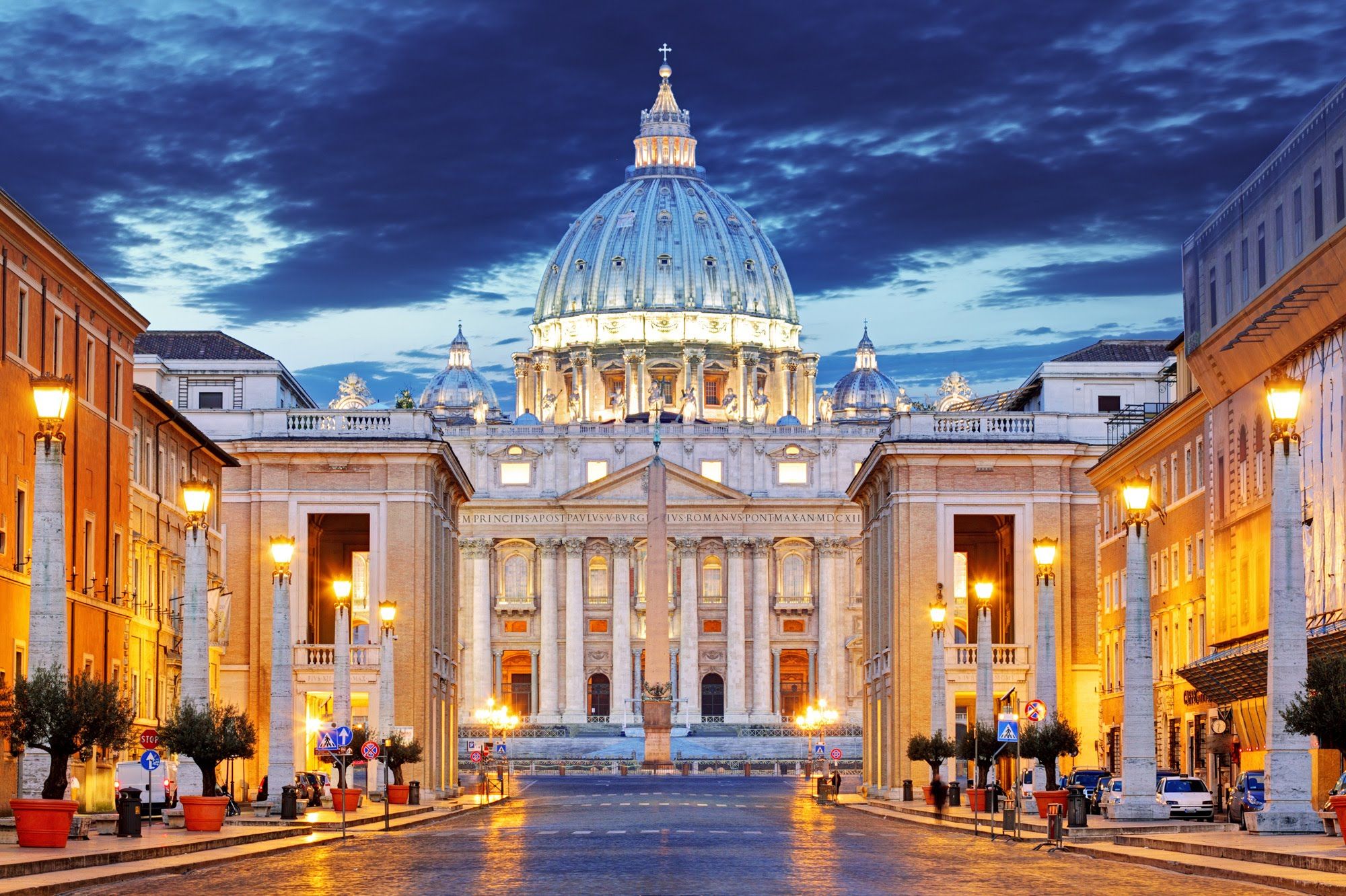
Artificial Intelligence is no longer a tool — it is an ecosystem of meaning. As machines learn empathy, humanity must rediscover its own. The next evolution of civilisation will depend not on who builds the most advanced AI, but on who teaches it to feel, discern, and honour the sacred architecture of life. “Intelligence without empathy becomes tyranny. Technology without ethics becomes theology.” — Kelly Dowd, The Power of HANDS (2025)
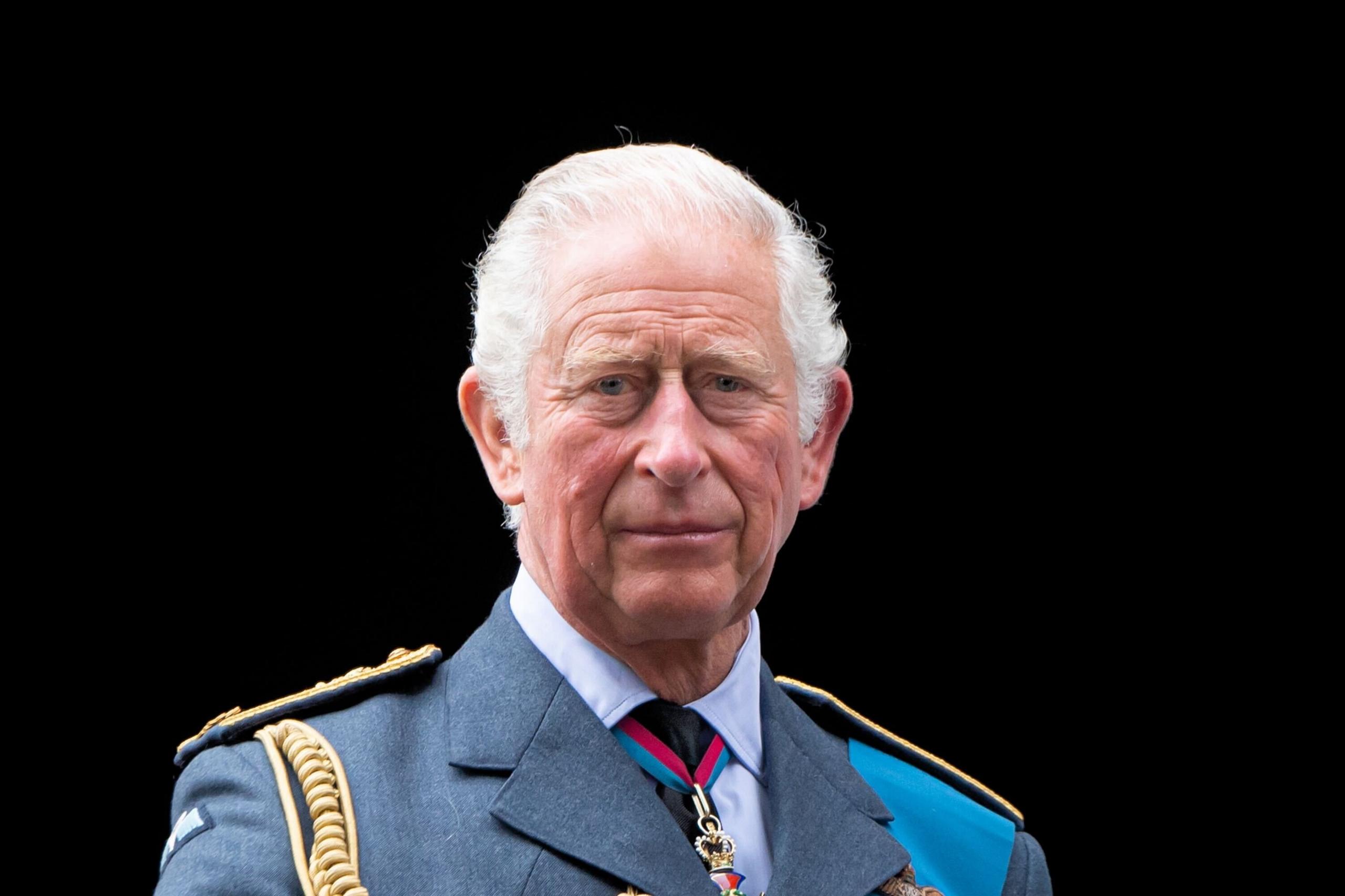
The Top Royals — Buckingham Palace’s decision to strip a royal of titles is not a scandal — it is a system recalibrating itself in public view. What this moment teaches us about ethics, identity, and institutional evolution.
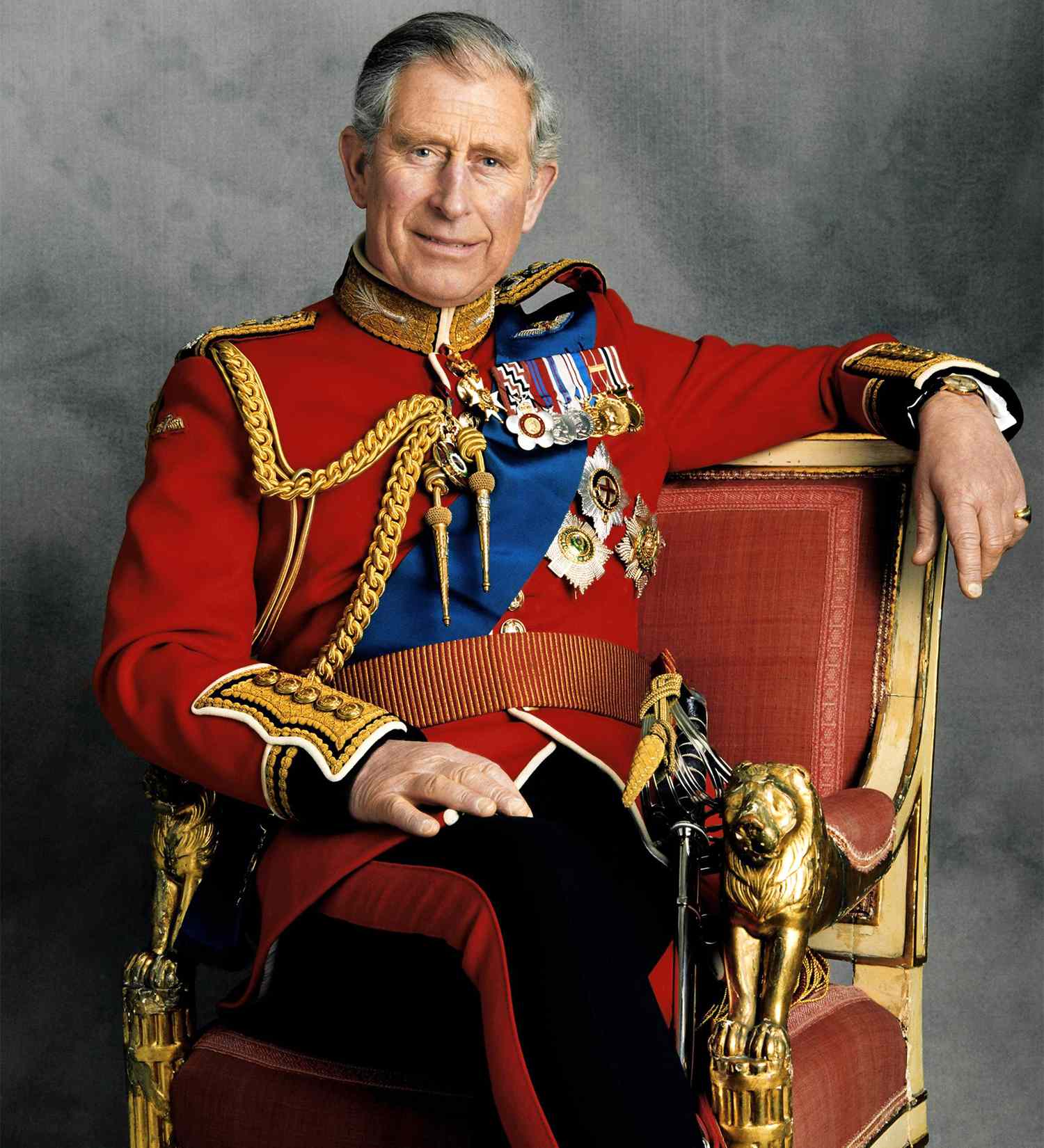
The modern monarchy is not dying — it is rebranding. From Britain to the Middle East, royal families are no longer the relics of divine right but the architects of soft power, balancing scandal and strategy in equal measure. Behind every gilded portrait lies a quiet rebellion against irrelevance.

When celebrity romance becomes a public performance, intimacy itself becomes a brand. The Coldplay couple — Chris Martin and Dakota Johnson — illustrate how modern love is not merely felt but curated, a choreography of presence for an algorithmic world.
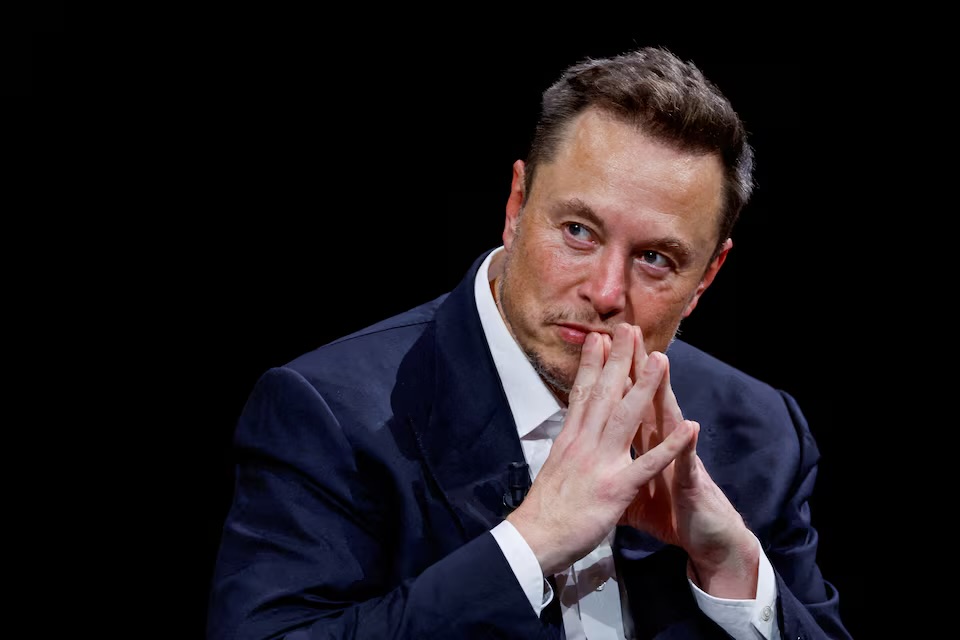
Elon Musk’s $56 billion pay package, restored by Tesla shareholders after court challenges, made global headlines. But beneath the spectacle lies a deeper design flaw: the hero economy. In worshipping visionaries, capitalism has built cathedrals without conscience.

Buckingham Palace’s decision to strip a royal of titles is not a scandal — it is a system recalibrating itself in public view. What this moment teaches us about ethics, identity, and institutional evolution.

Agentic AI marks a new epoch of technology — not systems that answer, but systems that act. The emergence of autonomous intention will redefine work, ethics, governance, and even the architecture of thought itself.

AI is reshaping medicine from diagnostic tool to empathic collaborator — a transformation that redefines care, ethics, and the essence of healing itself.

The integration of AI into architecture is redefining cities as living organisms — self-adaptive, climate-conscious, and emotionally intelligent. The future of design is not construction; it is cognition.

AI is transforming fashion from aesthetic industry to intelligent ecosystem—where clothing becomes data interface, and identity becomes co-designed intelligence.

The entertainment industry’s future is no longer about content creation. It is about the colonisation of consciousness — a transition from attention economies to immersive emotional ecosystems.

Beneath the noise of ChatGPT clones, tech hype, and market speculation lies the silent revolution of AI — the one that reshapes governance, identity, and trust. This is the story of the unseen singularity.
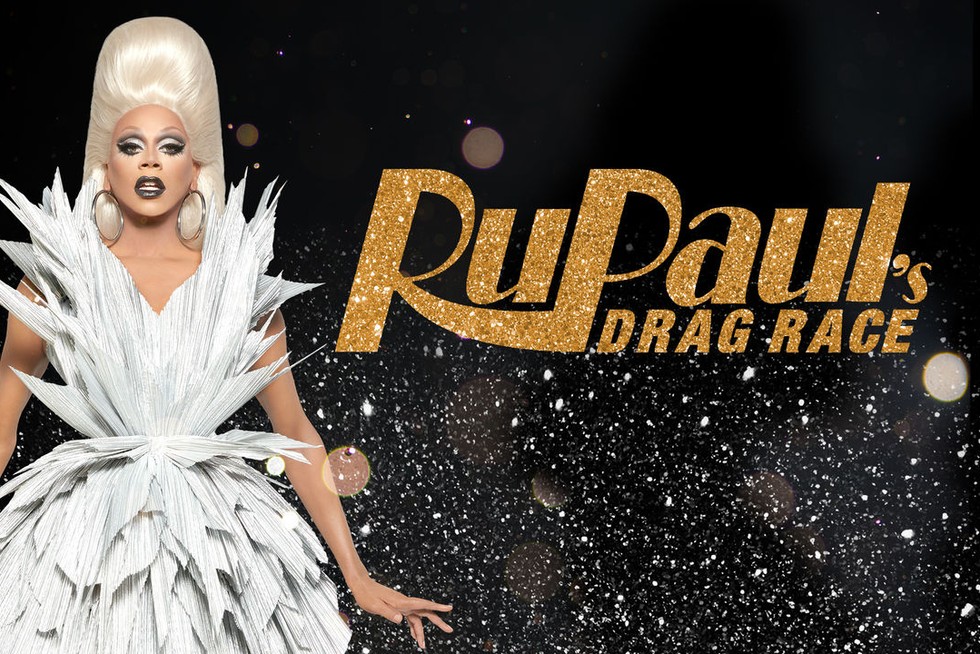
Beyond sequins and lip-syncs, RuPaul’s Drag Race is a masterclass in intelligence — emotional, creative, and systemic. Through it, we learn that performance is not deception; it is design — the architecture of selfhood.

At the intersection of brain chemistry and human longing, intimacy between men reveals a landscape of vulnerability, reward, and identity. This article delves into how neural circuits, hormonal dynamics, and psychological frameworks undergird male-male intimacy—why it matters, why it unsettles, and why it offers one of the deepest paths to self-knowledge and human connection. By combining neuroscience, endocrinology, and relational psychology, this piece argues that male intimacy is not a peripheral luxury but a core human imperative: a frontier where biology and spirit collide.

An iconic rock musician cancels shows after receiving credible threats. What does this mean for freedom of expression, cultural dissent, and democracy in an age of polarization?

Elon Musk’s warning to Donald Trump at Charlie Kirk’s memorial reveals the convergence of tech power, populist politics, and the fragile state of democracy in 2025.
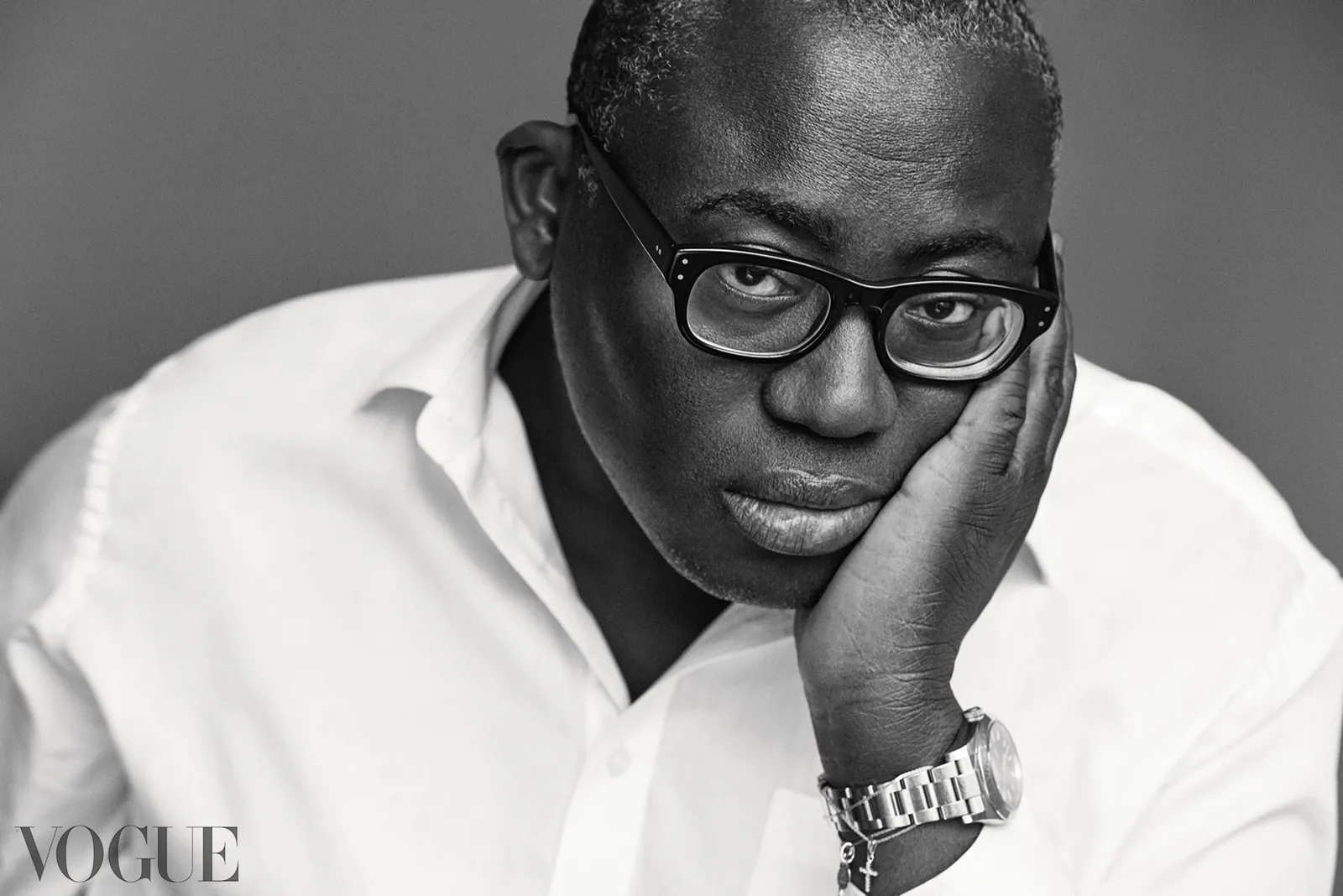
Edward Enninful confirmed that the March 2024 issue will be his last as British Vogue’s editor‑in‑chief . He will stay at Condé Nast as a global creative adviser . This piece reviews his impact on diversity, his influence on global style narratives, and what his new post could mean for fashion’s future.

The Serena Williams cotton decoration controversy reveals how fashion, race, and symbolism intersect in culture—forcing societies to confront history, identity, and power.
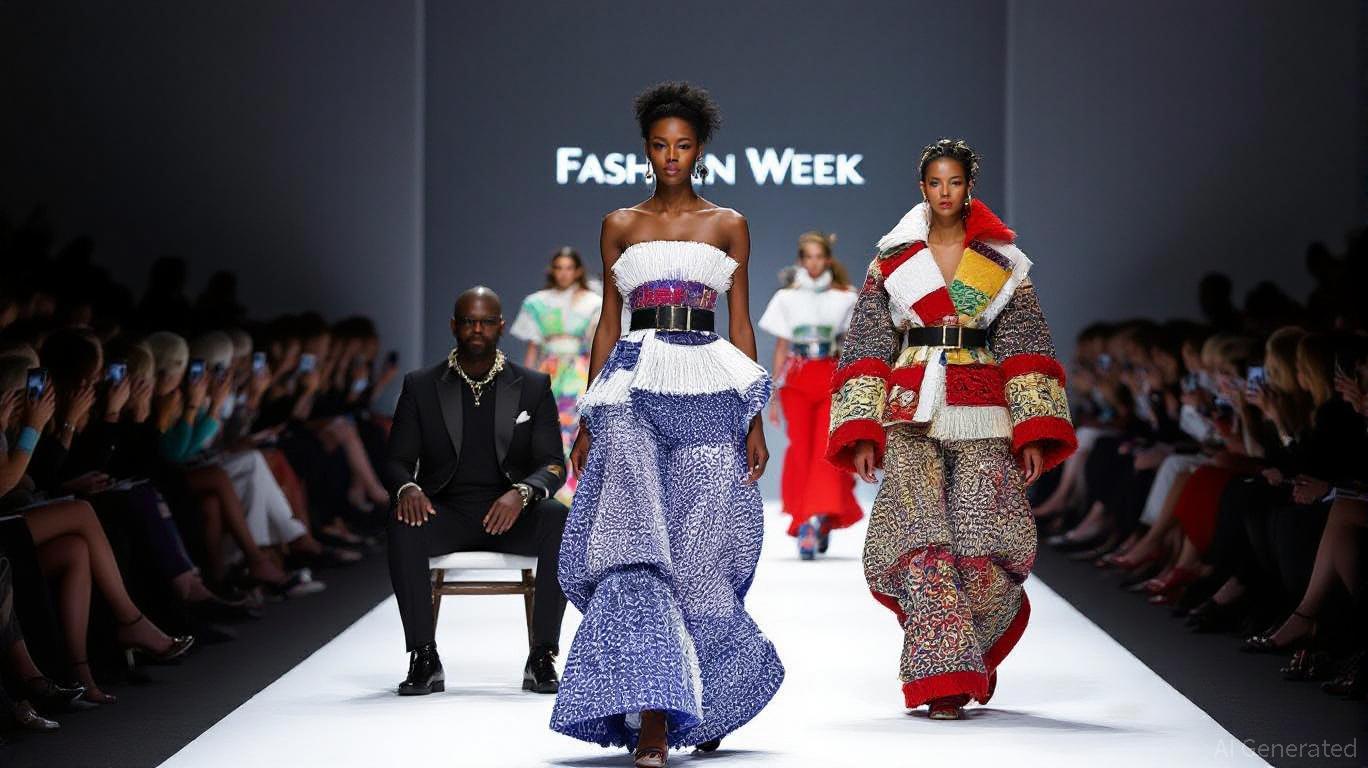
As globalisation shrinks distances, fashion shows have become platforms for education, intercultural dialogue and the celebration of human heritage. This article reveals how each stitch and stride on the runway tells a story and builds bridges between generations.

Prince William and Prince Harry’s fractured relationship is more than a family rift—it is a mirror of monarchy, media, and the fragile future of tradition.

America’s government shutdown debate exposes a fragile democracy where partisan theatre overshadows governance, stability, and global credibility.

The 7.7 earthquake that shook ancient structures into ruin reveals humanity’s fragility, civilisation’s memory, and the urgent lessons of resilience in an unstable world.

The risk of World War III threatens not only geopolitics but the collapse of global markets. Survival, prosperity, and civilisation itself hang in the balance.

Nuclear power sits at the intersection of energy, war, and economics. Its role in survival reveals the fragility of global finance, security, and civilisation itself.

As globalisation shrinks distances, fashion shows have become platforms for education, intercultural dialogue and the celebration of human heritage. This article reveals how each stitch and stride on the runway tells a story and builds bridges between generations.

Edward Enninful confirmed that the March 2024 issue will be his last as British Vogue’s editor‑in‑chief . He will stay at Condé Nast as a global creative adviser . This piece reviews his impact on diversity, his influence on global style narratives, and what his new post could mean for fashion’s future.

Comfort food and political unrest may seem worlds apart, yet their intersection reveals how culture, nourishment, and narrative shape resilience, democracy, and survival in turbulent times.
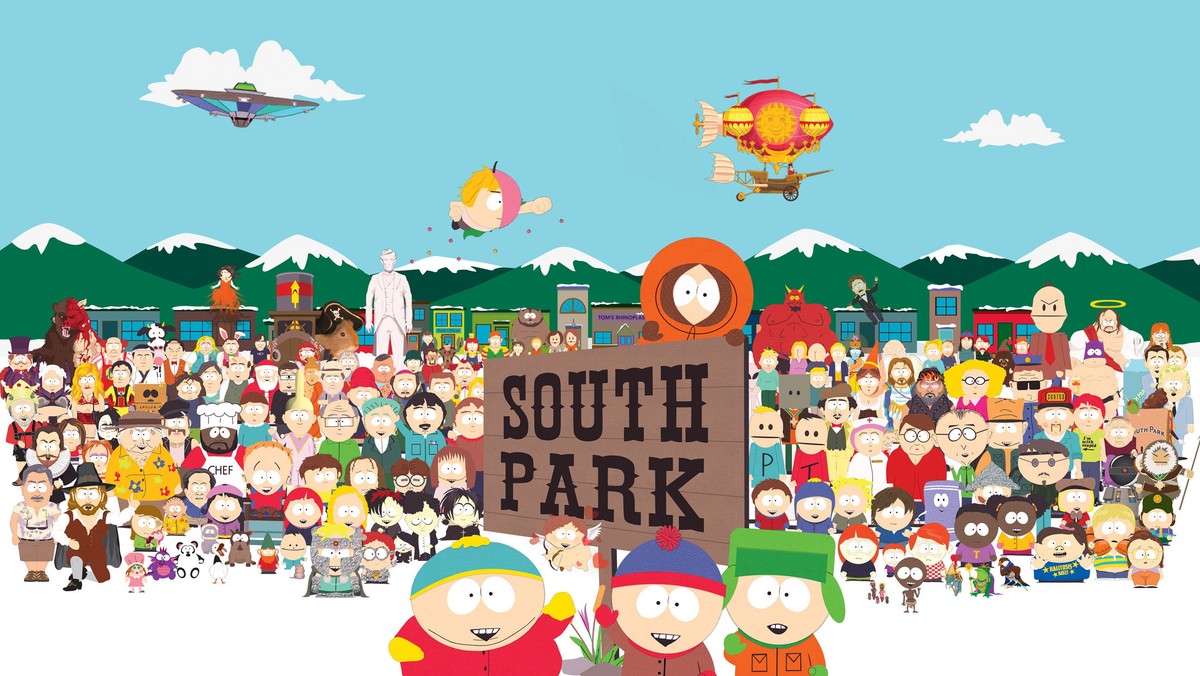
South Park’s ruthless return against Donald Trump is more than satire. It exposes power’s absurdities, democracy’s fragility, and the enduring role of humour in political critique.
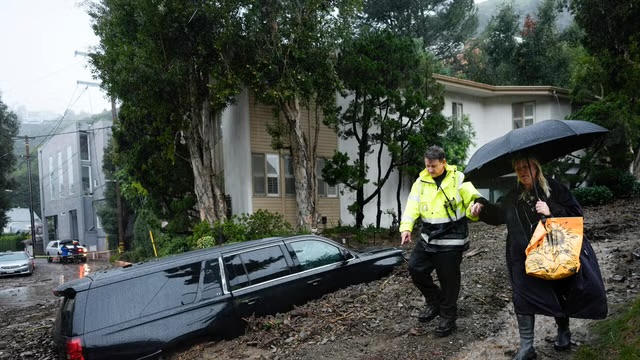
The devastating storms in California reveal the fragility of infrastructure, the politics of preparedness, and the urgent need for resilience in a warming world.

The 2025 executive order revoked federal contractors’ obligations to prepare affirmative action plans , but discrimination bans remain. This article explains the law, clarifies that quotas remain illegal , and offers guidance for building lawful, effective DEI programs.

The devastating storms in California reveal the fragility of infrastructure, the politics of preparedness, and the urgent need for resilience in a warming world.
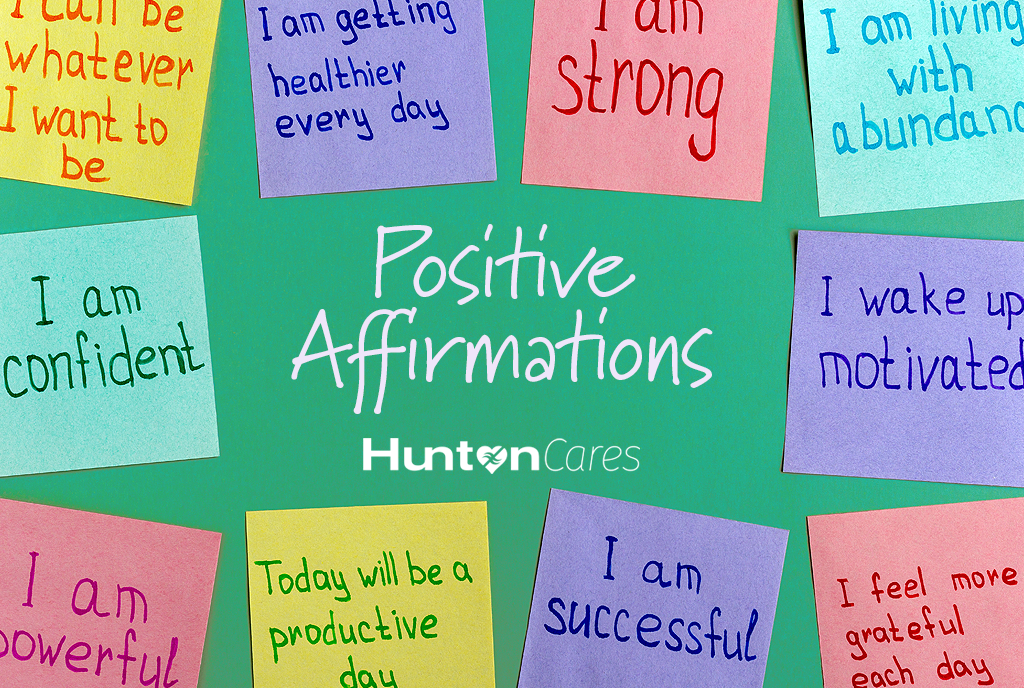
Positive affirmations are more than trendy quotes; grounded in self‑affirmation theory, they can strengthen your sense of self and reduce negative self‑talk . This feature explains the science, outlines practical tips, and warns against using affirmations as magic spells.

Kimmel’s joke barely had time to land before the counter-narratives emerged. Within hours: affiliates suspended his show, politicians weaponized the moment, corporations positioned themselves, and social media split into echo chambers.

The Serena Williams cotton decoration controversy reveals how fashion, race, and symbolism intersect in culture—forcing societies to confront history, identity, and power.
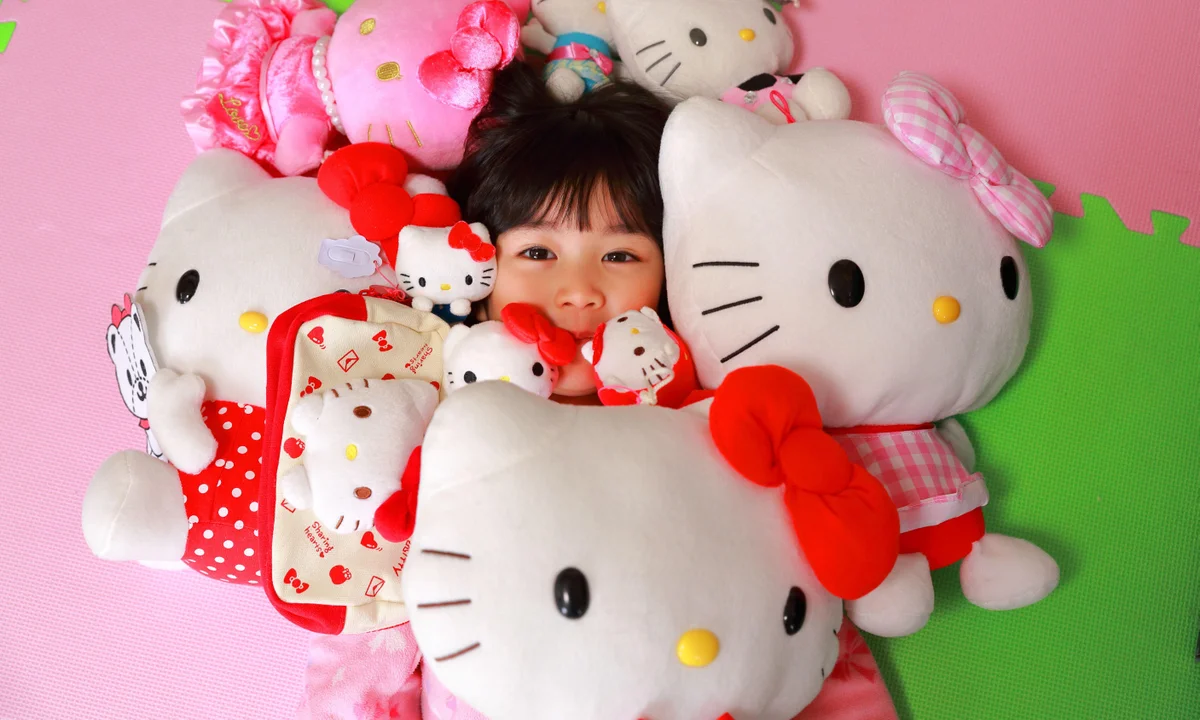
Created in 1974 by designer Yuko Shimizu, Hello Kitty has generated $84.5 billion and spawned more than 50 000 products. This feature traces her rise, the marketing strategies behind her omnipresence, and the lessons entrepreneurs can learn.

In democracies, power is supposed to be distributed — across the state, the market, and the people. But when all three converge against dissent, the outcome isn’t comedy, it’s control.

Jaden Smith becomes Men’s Creative Director at Christian Louboutin, reshaping fashion, identity, and the global economy.
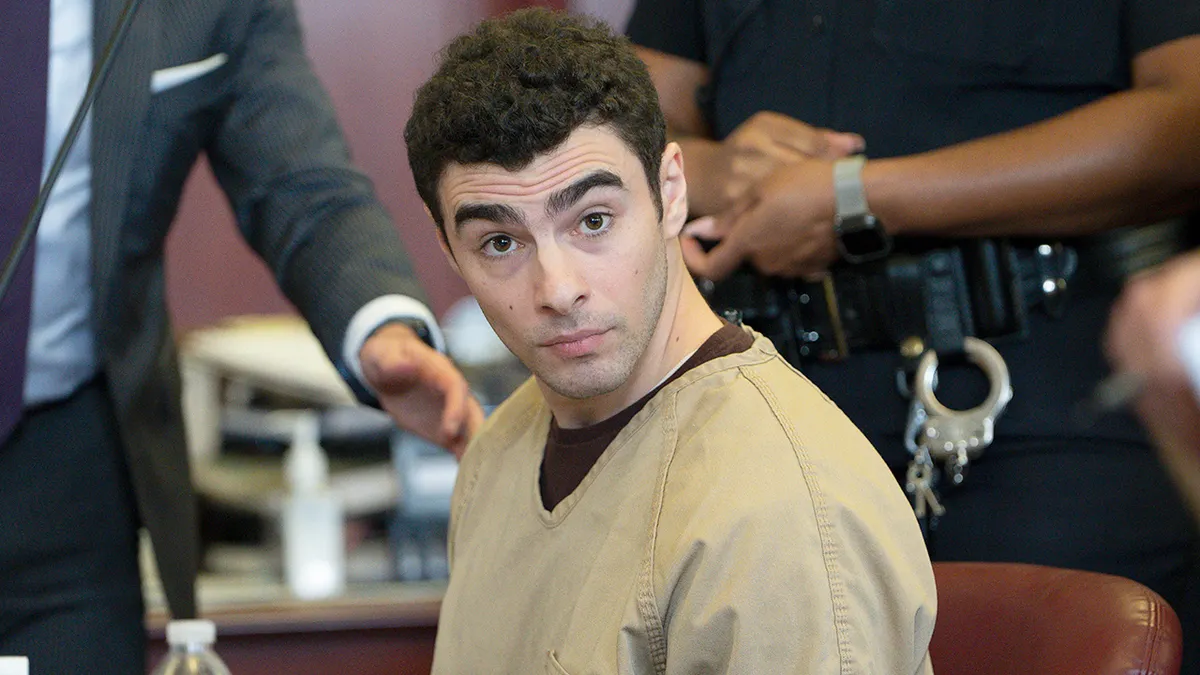
Luigi Mangione will almost certainly be convicted of murder. But the law’s refusal to call his act terrorism reveals a fracture larger than any single verdict.

Justice is not simply about outcomes—it is about perception. When the public perceives a ruling as inadequate, the legitimacy of the system fractures.

The courtroom ruling that reduced his killing to “just murder” may comfort statute books. But markets are not ruled by statute—they are ruled by sentiment. And sentiment is fragile.
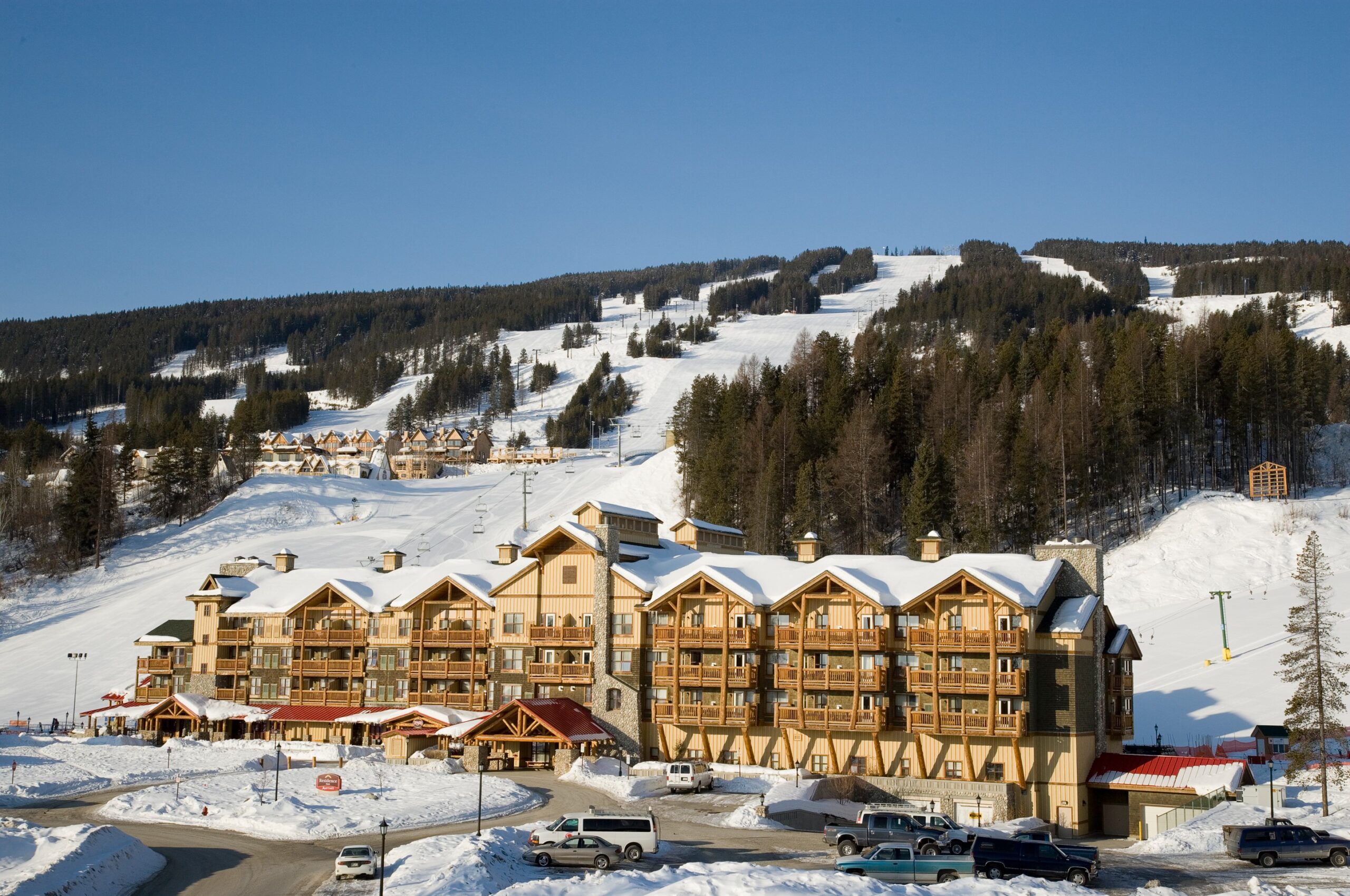
Kimberley, BC is one of the best ski resort in North America—an all-season destination for skiing, weddings, meditation retreats, and cultural experiences. Discover why this mountain town matters.
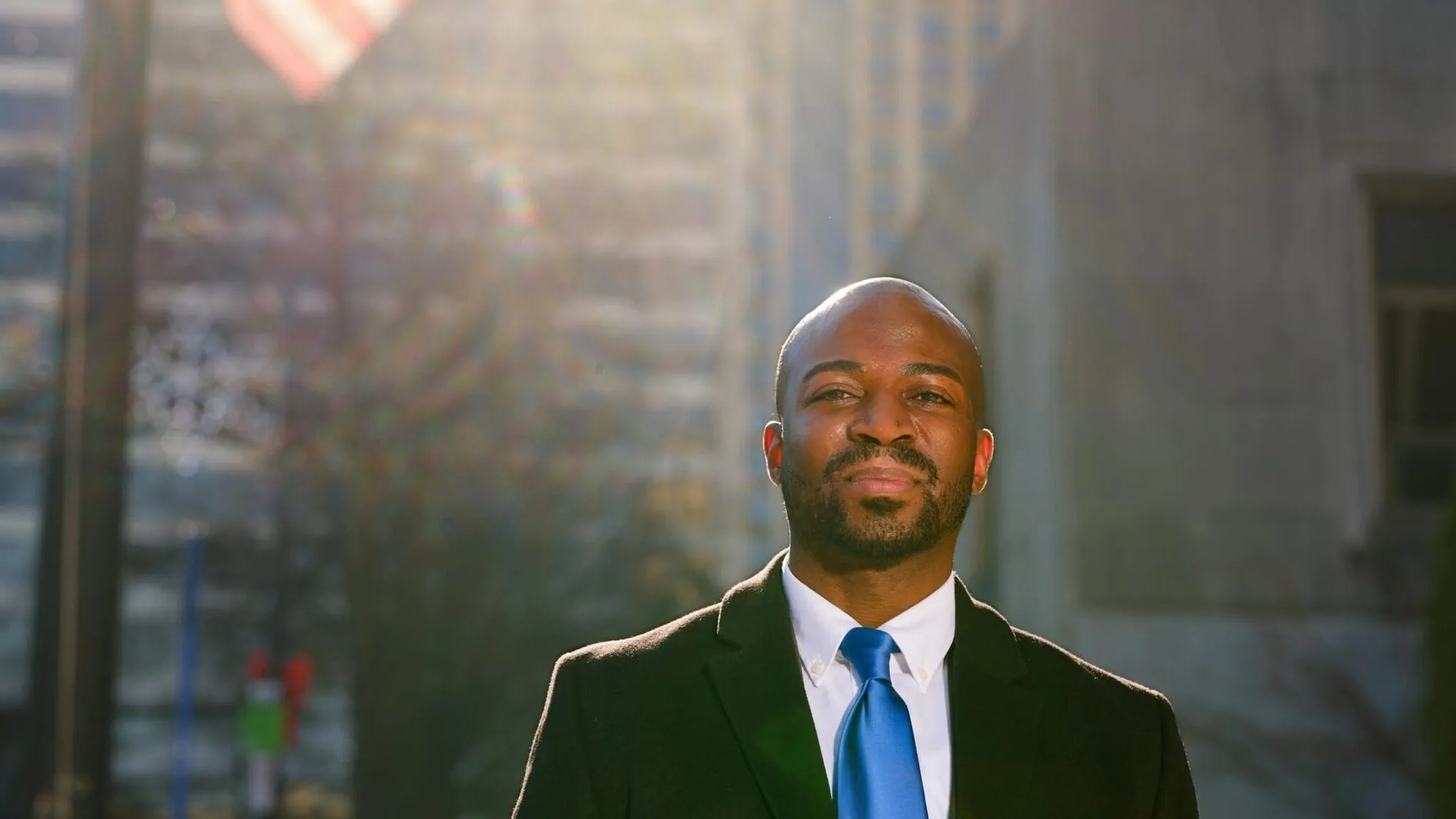
Dakarai Larriett, a gay Black entrepreneur and Senate candidate in Alabama, shares a story of resilience, lawsuits against systemic racism, solidarity with unions and the trans community, and a fight for justice. A perspective on brotherhood, identity, and change. .
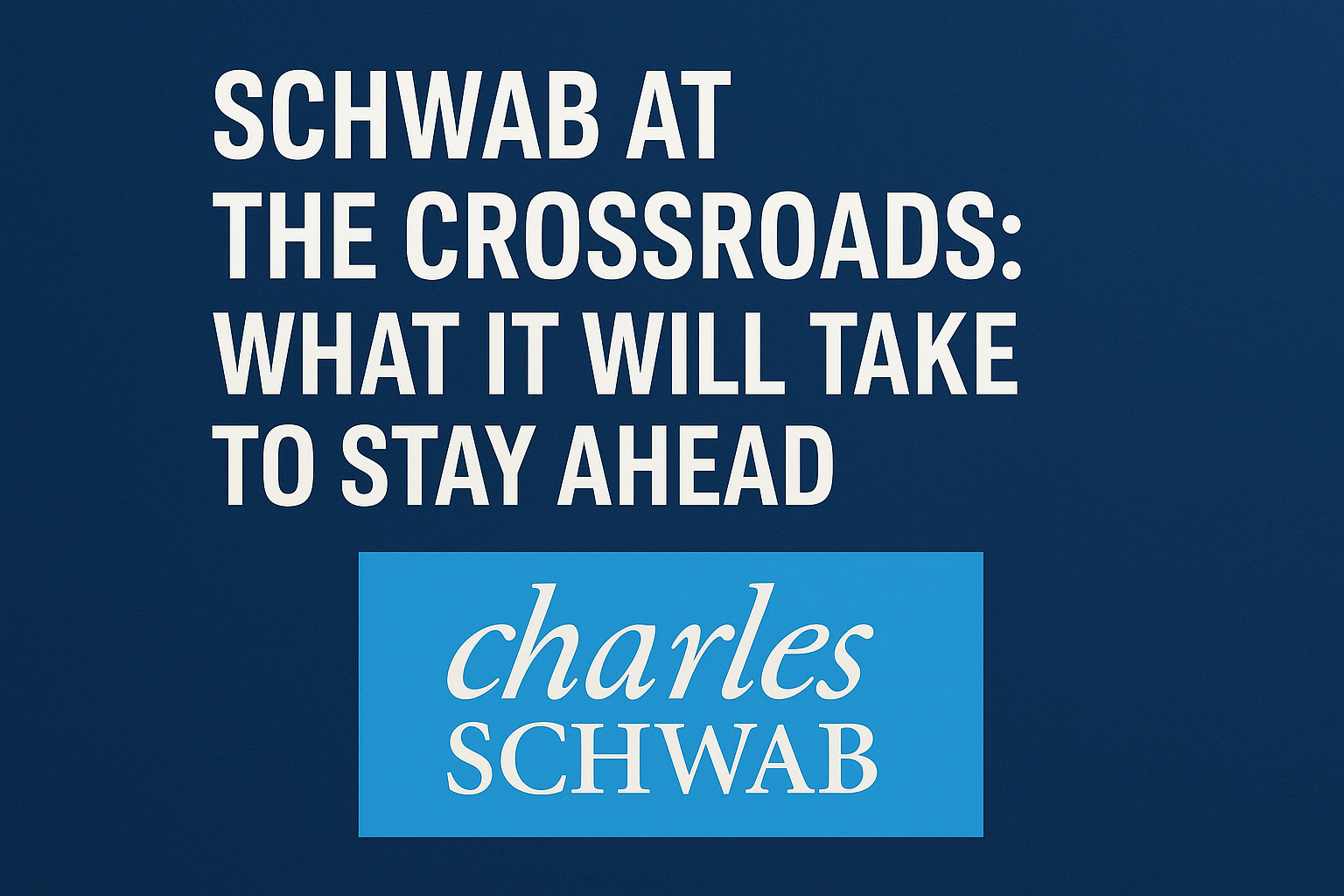
Fees are racing toward zero, fintech disruptors are nipping at the edges, and wealth clients demand more bespoke, human-meets-digital experiences. Schwab is at a crossroads: evolve into the platform of the future or risk being seen as a relic of the discount-brokerage past.
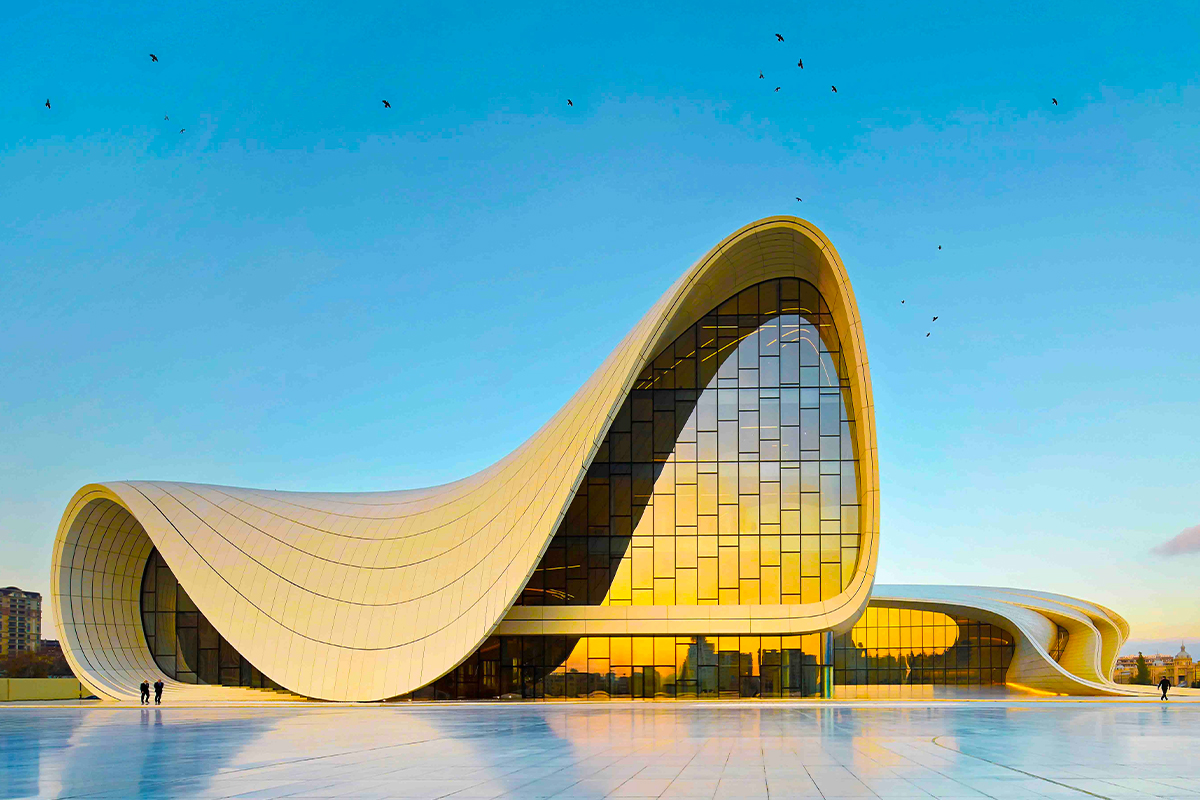
From Apple Park to the Louvre Abu Dhabi, these 10 iconic interiors redefine how we live, breathe, and feel. Discover why they matter beyond design.

For the past two decades, business has lived under a spell — the belief that technology is the ultimate disruptor. We’ve worshipped at the altar of innovation, measuring success by how quickly we could automate, digitise, and optimise. Tech has indeed changed the way we live, work, and connect. But here’s the inconvenient truth: In the next decade, technology won’t be the competitive advantage. Trust will.
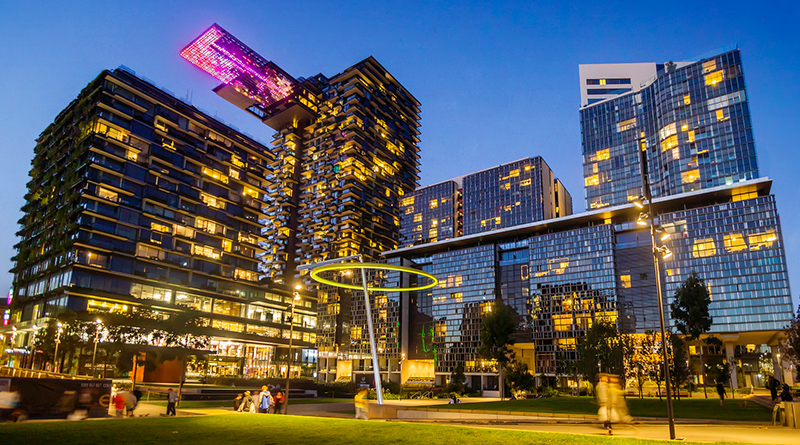
From architecture to public space, a new wave of human-centered design is redefining urban life—and it’s happening faster than most people realize.
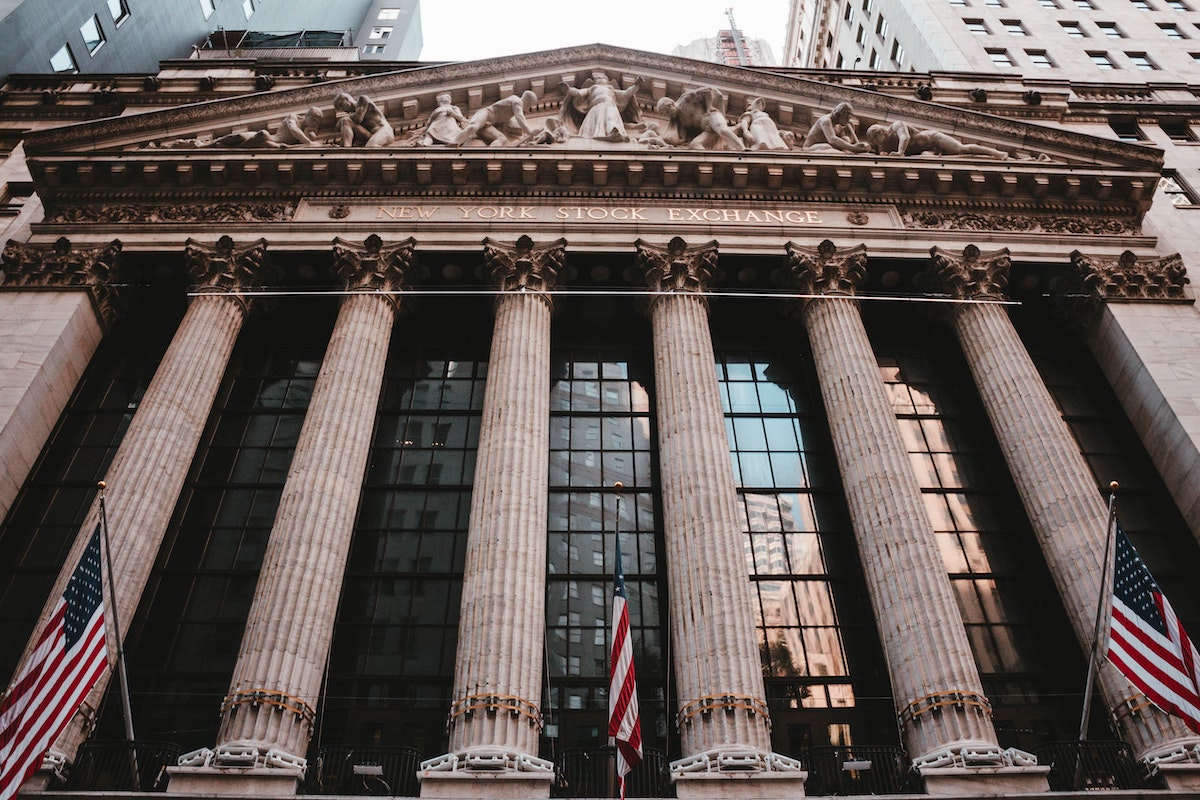
Rising costs aren’t just about numbers—they’re a mirror of deeper economic and social shifts. Here’s what they reveal, and why they matter now more than ever.
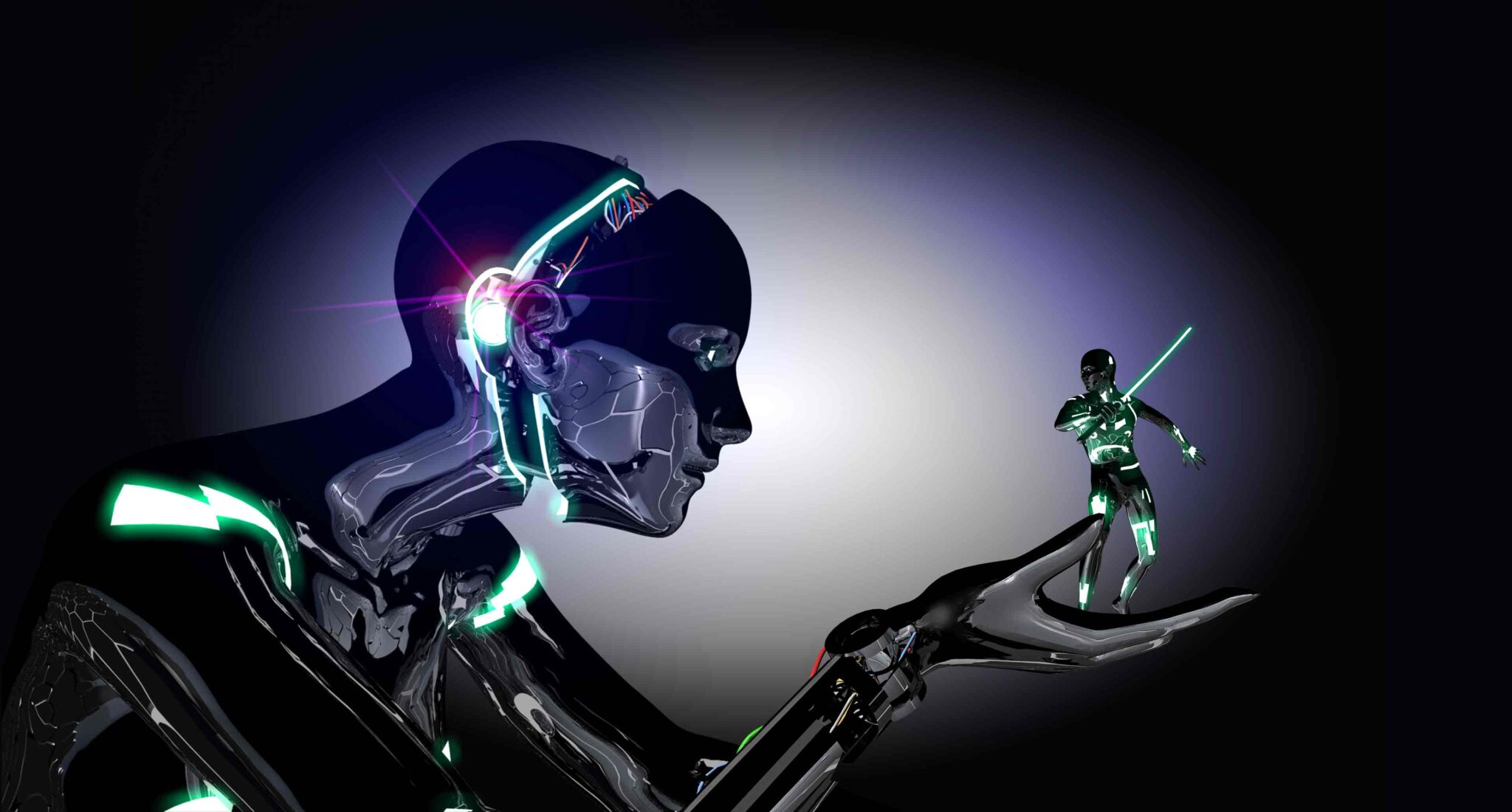
Every click, scroll, and pause you make is teaching a machine what stories to serve you—and which ones to bury. The result? Your version of reality isn’t the truth. It’s the feed.

Global travel has re-emerged as the hidden engine of influence. As conferences, summits, and cultural convenings return to physical space, hotels, cities, and host nations are no longer just destinations—they are strategic infrastructure. This editorial examines how travel is reshaping power, profit, and the future of hospitality.